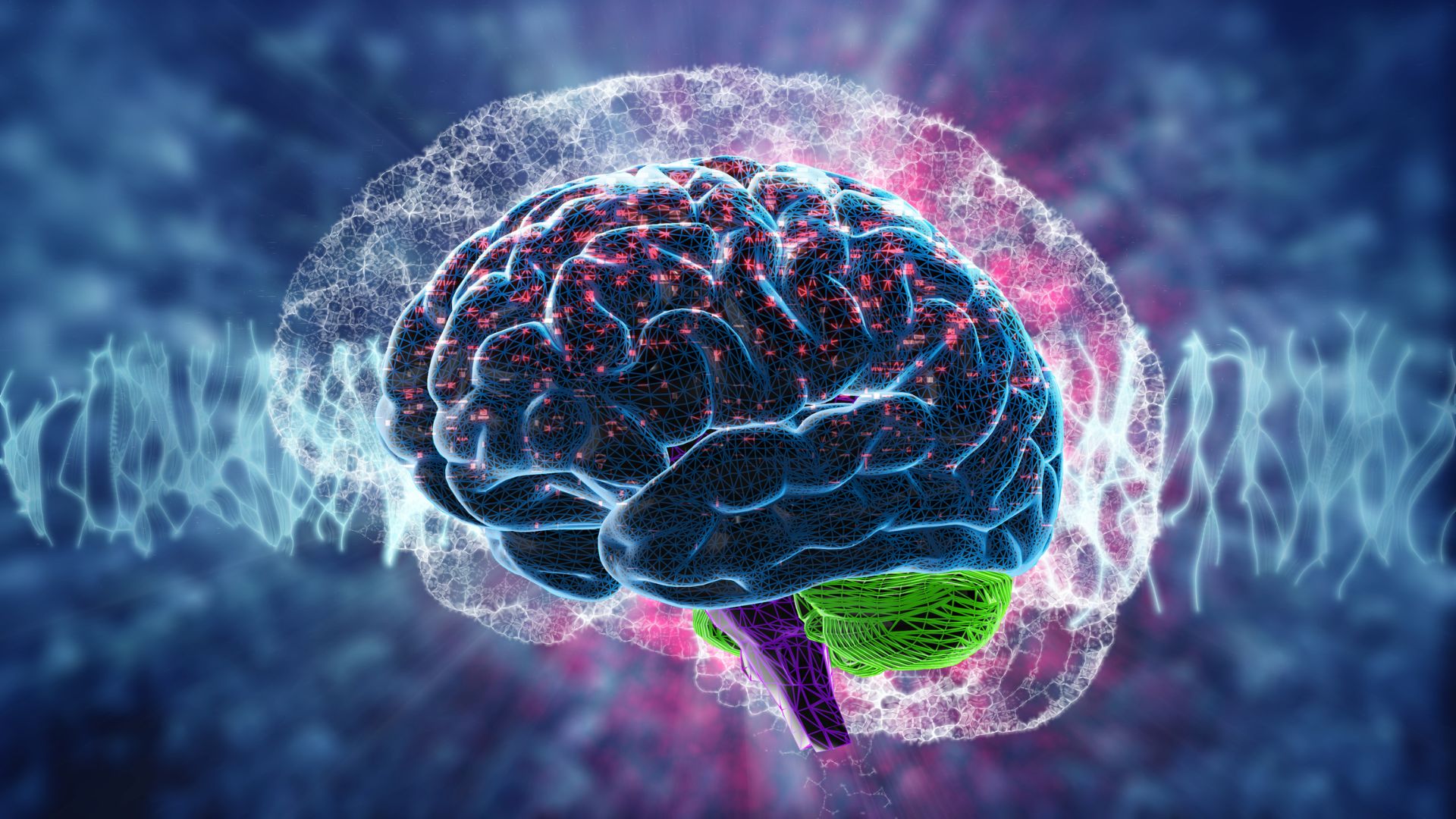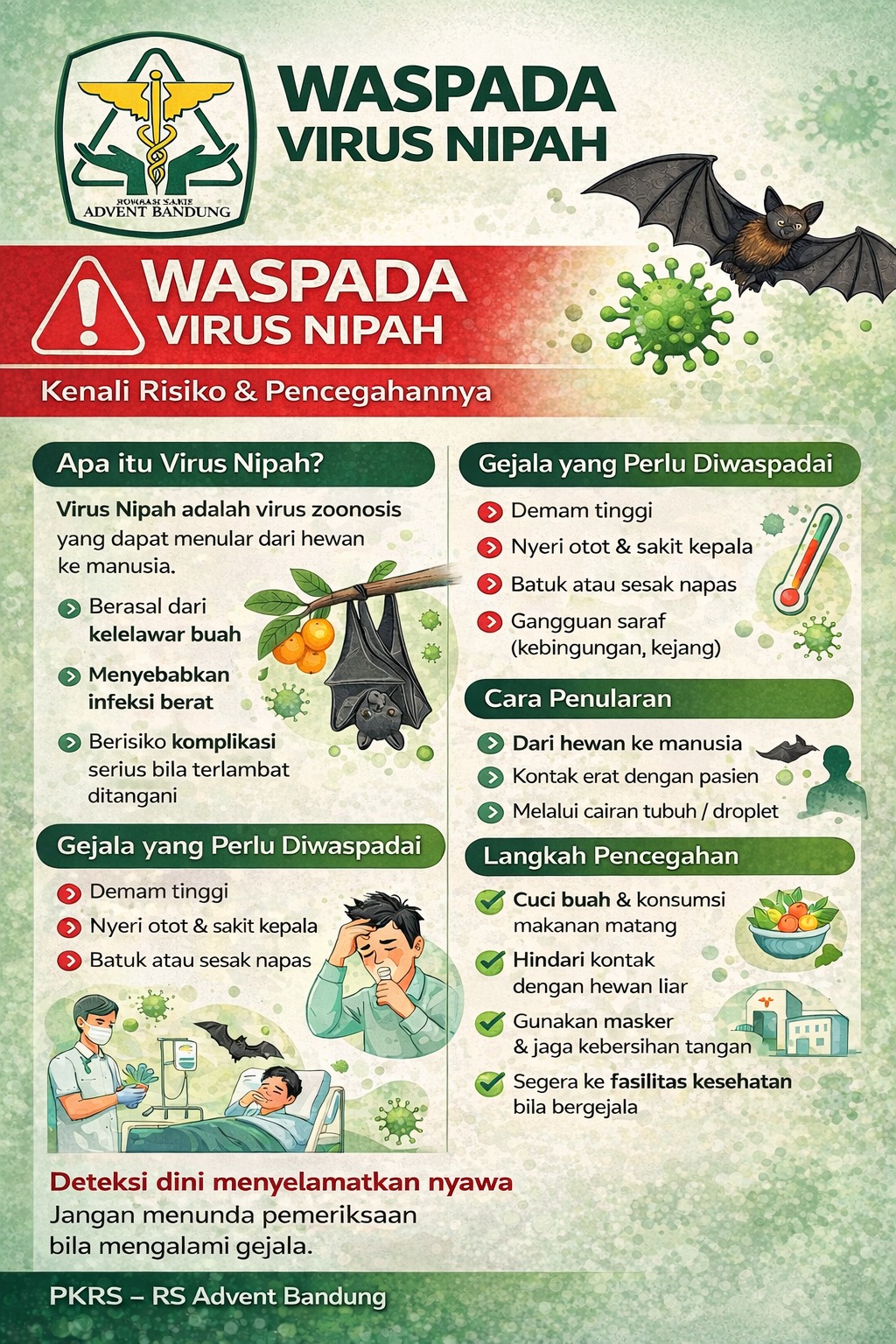Get to know more about BRAIN FOG
Brain fog is not a health problem, but rather a term used to describe a cognitive disorder that involves:
• Memory impairment, easy to forget
• Difficulty concentrating, can't focus
• Thinking longer than usual
• Confused
• Difficult to find words
In one study in the Journal of Neurology "Assessment of Cognitive Function in Patients After Covid-19 Infection", said that this virus not only attacks the respiratory system but can attack all of our body systems. Viruses attack the nervous system, heart, and digestion.1
Reported in a study, it was found that some people with the Covid-19 condition will experience some form of complications such as brain inflammation (encephalopathy), blood vessel disorders that lead to stroke, or lack of oxygen (hypoxia) which causes brain cell damage. Supporting this in research by the National Institute of Neurological Disorders and Stroke (NINDS), the National Eye Institute, and the National Institute of Allergy and Infectious Diseases, researchers found that after a mild case of COVID-19, one of the human immune cells in the brain called microglia become active and remain more reactive even weeks later. When microglia are more reactive, the brain has difficulty keeping up with some of its routine tasks, such as making new neurons in the hippocampus, which is a part of the brain that plays an important role in learning and memory. This research shows that even a mild case of COVID-19 that only affects the respiratory system can have a long-term effect on how brain cells work. This could explain why some people report having problems with concentration and memory after COVID-19.2
Interestingly, research conducted by the University of Stanford found that brain fog after COVID-19 is biologically similar to the cognitive impairment caused by cancer chemotherapy, something doctors often refer to as "chemo brain." In both cases, excessive inflammation damages the same brain cells and processes.3
What can we do?4
1. Sports
Do aerobic exercise. You may need to start slowly, maybe just two to three minutes several times a day. While there is no set "dose" of exercise to improve brain health, it is generally recommended that you exercise for 30 minutes a day, five days a week.
2. Get Enough Sleep
Getting enough sleep can help flush out toxins that can contribute to brain fog. Make sure to get enough sleep, which is about 7-8 hours every night.
3. Eat nutritious food
A healthy diet including olive oil, fruits and vegetables, nuts and seeds, and whole grains has been shown to improve thinking, memory. and brain health.
4. Avoid substances that can affect brain function
Give your brain the best chance of healing by avoiding substances that can affect it.
5. Do activities that stimulate the brain
Doing activities that stimulate the brain can help increase the production of a chemical in the brain called norepinephrine. This substance stimulates the brain to work optimally, thereby lowering your risk of developing brain fog.
6. Avoid stress, think positive
Brain fog can also be caused by stress and depression. Meditation can also help reduce stress and relax your brain and body.
Resources:
- https://jamanetwork.com/journals/jamanetworkopen/fullarticle/2785388
- https://covid19.nih.gov/news-and-stories/a-possible-mechanism-behind-brain-fog
- https://med.stanford.edu/news/all-news/2022/06/brain-fog-covid-chemo-brain.html
- https://yankes.kemkes.go.id/view_artikel/195/mengenal-dan-mengatasi-brain-fog-pasca-covid-19




